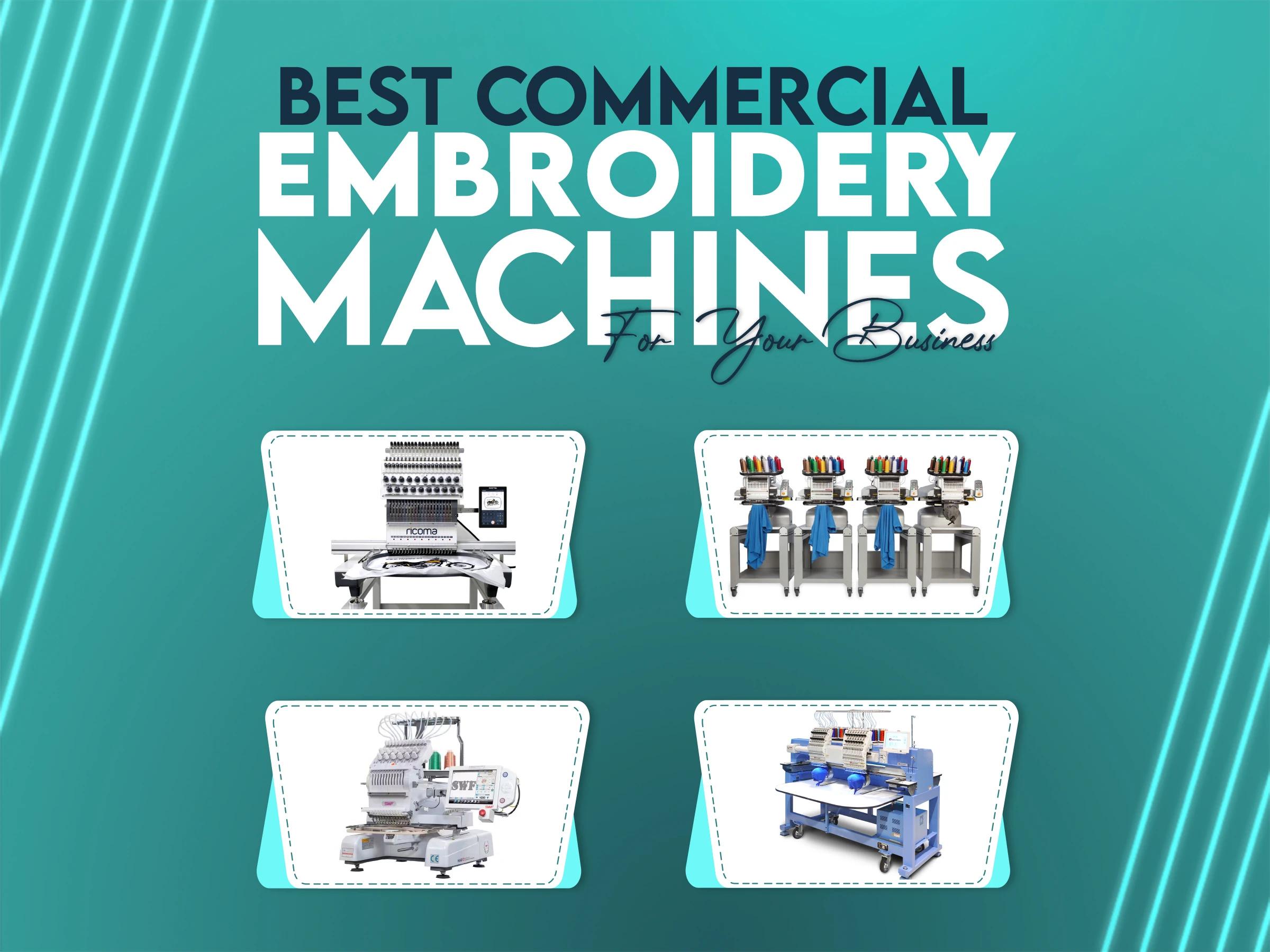
The commercial embroidery machine industry has become saturated with well-known brands, each with its features and benefits. Tajima, Barudan, Brother, Bai, Ricoma, Melco, SWF, and Happy are all significant players. These brands are well-known for their quality, accuracy, and advanced technology, which makes them popular among embroidery experts.
Let’s discuss step by step every brand, their usage, features, and pricing.
Background: The Tajima embroidery machine is well-known for its high performance and flexibility, making it popular among commercial embroiderers.
Usage: The Tajima machine is perfect for a wide range of applications, including hats, clothes, and promotional products, and works well for both small and large-scale firms.
Features: Key features include several needle options, an easy-to-use interface, fast stitching, and advanced software compatibility.
Prices: Prices generally range from $4,000 for basic models and $20,000 or more for complex multi-head machines, depending on features and capabilities.
Overview: Barudan is a top brand in the embroidery machine market, known for its durability and quality.
Usage: These machines are perfect at producing high-quality embroidery on a wide range of fabrics, even difficult-to-handle materials.
Features: Barudan machines improve efficiency with features like quick-change embroidery hoops, smart needle thread deduction, and user-friendly controls.
Price: Single-head equipment starts from $2,850, but multi-head machines can cost up to $60,000, depending on the number of heads and additional features.
Overview: Brother has many commercial embroidery machines useful for both beginners and experts.
Usage: Brother machines are well-known for their versatility since they can handle a wide range of embroidery design styles, from monogramming to large-scale designs.
Features: Popular features include built-in designs, large LCD screens, and USB connectivity for basic design import.
Price: Brother machines are usually priced between $400 for entry-level models and about $10,000 for professional-grade multi-needle machines.
Overview: Bai is known in the embroidery market for offering high-quality machines at affordable prices.
Usage: Bai machines are best for a wide range of applications, including garments, headgear, and customized designs.
Features: features include user-friendly interfaces, quick stitching, and a strong build quality.
Price: Bai embroidery machines are less typically stated, but basic ones start at about $1,500 and go higher depending on features.
Overview: Ricoma has rapidly grown in popularity because of its new approach to commercial embroidery machines. By the way, Ricoma is the best commercial embroidery machine for 2024.
Usage: These machines are good for small firms and startups because they provide flexibility and ease of usage.
Features: Ricoma machines are appealing for their features like as an automated thread trimmer, multiple needle configurations, and smart software.
Price: Ricoma machines generally range between $2,500 and $10,000, depending on the model and features like the number of heads and sewing speed.
Overview: The Melco EMT16X is a versatile embroidery machine that can be used with both single and multiple heads.
Usage: This machine is good for entrepreneurs and startups, allowing for effective production without compromising quality.
Features: Key features include fast stitching, easy setup, and user-friendly design management software.
Price: The Melco EMT16X costs approximately $9,995 and has both single and multi-head capabilities designed for small to medium- businesses.
Overview: The SWF MAS-12 is a multi-head embroidery machine that is experienced at creating elaborate designs quickly.
Usage: This commercial equipment is good for commercial applications that need speed and precision.
Features: It's an advanced tool for any embroidery company, because of new features including touchscreen controls and automated tension adjustments.
Price: The SWF MAS-12 is priced at about $8,000 and is designed for commercial use with multiple heads.
Overview: Happy's multi-head machines have been designed for high-volume production, providing both efficiency and quality.
Usage: They are perfect for firms that handle massive orders and design projects.
Features: Include quick-change capabilities, automated threading, and user-friendly software connectivity.
Price: Happy's multi-head embroidery machines cost ranging from $15,000 to more than $50,000, depending on the number of heads and other functionality.
These prices are indicative and may vary based on specific models, retailers, and any ongoing promotions.
Comparison of Commercial Embroidery Machines
When buying the best commercial embroidery machine for small businesses, consider pricing, functionality, and simplicity of use. Machines such as the Ricoma and Brotherare good choices for startups, combining affordability with extensive functionality that meets a variety of embroidery requirements. Their adaptability helps small enterprises handle a variety of embroidery projects, ranging from advertising items to personalized apparel, assuring profitability and customer satisfaction.
The Tajima embroidery machine is one of the best for custom designs because of its high level of accuracy and ability to handle complicated patterns. Its advanced software features allow easy design uploads and changes, making it the preferred choice for custom embroidery businesses.
For people who are new to commercial embroidery, the Brother embroidery machine is often recommended. Its user-friendly interface and built-in designs make it simple for beginners to start making beautiful embroidery without a high learning curve.
Are you looking for commercial industrial embroidery machines? Choosing the best commercial embroidery machine is an important decision for any aspiring or experienced embroiderer. With so many options available, it's important to look at factors like price, functionality, and intended usage. Tajima, Barudan, Brother, Ricoma, and other companies provide equipment that may suit a wide range of requirements, from small enterprises to large-scale production.
Nick William has been immersed in the world of embroidery digitizing for over 20 years, earning 25 industry awards throughout his career. As a 3rd generation embroidery expert, Nick’s journey started in his family’s workshop, where he learned the art of digitizing before the rise of modern software. He has worked with leading commercial embroidery businesses and has shared his expertise with over 75,000 home and professional embroiderers. As an author at True Digitizing, Nick is passionate about teaching others how to create beautiful, precise designs through easy-to-follow tutorials and expert advice.
Categories
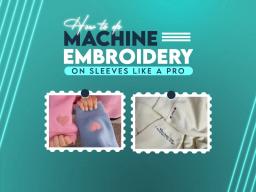
How to Do Machine Embroidery on Sleeves Like a Pro
04-02-2026
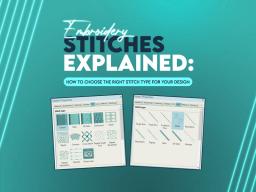
Embroidery Stitches Explained | How to Choose the Right Stitch Type for Your Design
27-01-2026
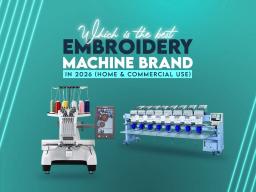
Which is the Best Embroidery Machine Brand in 2026 (Home & Commercial Use)
22-01-2026

Romantic Shirt and Hoodie Embroidery Ideas for Couples in 2026
20-01-2026
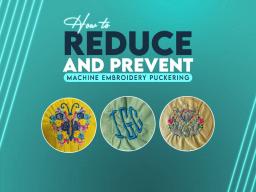
How to Reduce and Prevent Machine Embroidery Puckering
17-01-2026
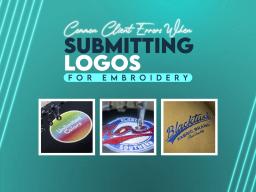
Common Client Errors When Submitting Logos for Embroidery
17-01-2026
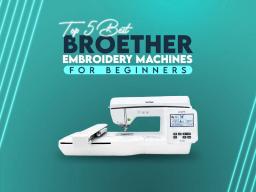
Top 5 Best Brother Embroidery Machines For Beginners
09-01-2026

New Year Trends in Custom Embroidery for Apparel Brands 2026
05-01-2026

Manual vs Auto Digitizing for Logos | Why Professionals Prefer Manual
19-12-2025

Winter Themed Embroidery | Snowflakes, Trees, and Cozy Designs
17-12-2025